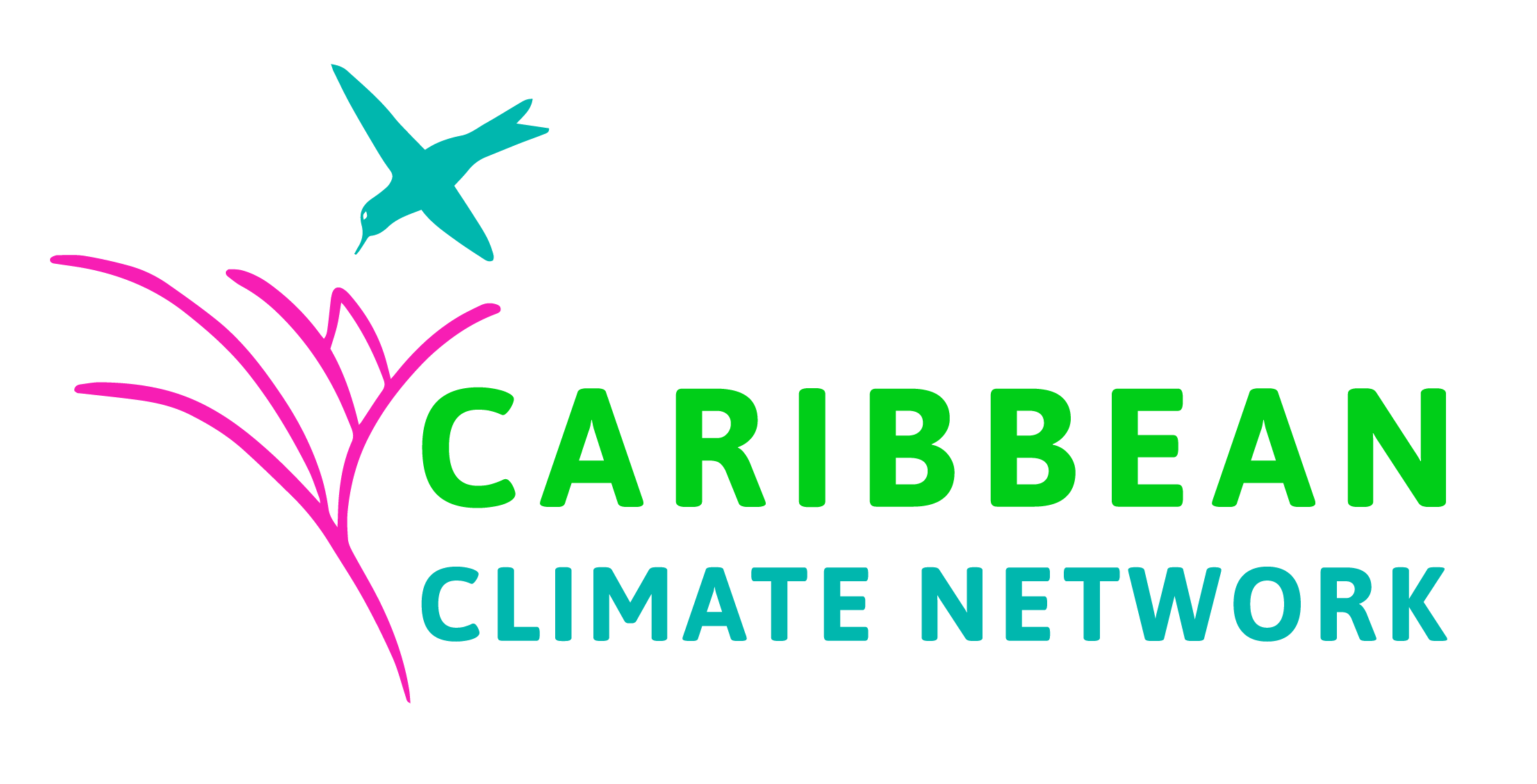At the recently concluded Statutory Meetings of the Red Cross Red Crescent Movement in Geneva (June 18-23, 2022), there were repeated references to the ongoing concerns on the impact of climate change and the importance to address the situation sooner rather than later.
The warning bells have been rung, and this reflects the findings contained in The Guardian Weekly magazine of May 20, 2022, wherein it was reported that “a dozen of the world’s biggest [oil] companies are on track to commit a collective $387m a day of capital expenditure to exploiting oil and gas fields through to 2030.” The companies include Shell, Chevron, and BP.
There are also increased warnings from the Secretary-General of the United Nations who stated: “Investing in new fossil fuels infrastructure is moral and economic madness.” We may be persuaded that all may appear to be ‘doom and gloom’ but there continues to be growth in the numbers of those who form part of the ‘court of public opinion’. There are a variety of civil society organizations and individuals who have been pooling resources, collaborating, and disseminating factual scientific data on the humanitarian consequences of climate change.
The priority solutions to address the impacts must nevertheless pay close attention to the most vulnerable so that no one is left behind. Support must be extended to enhance the resilience of communities through adaptation with significant investment in disaster risk reduction (DRR). In fact, it has been suggested that some of the resources being allocated to nuclear weapons development and new systems could be diverted to community-based programmes as well as the enhancement of ‘preventative risk management capacities’ and women, youth, and Indigenous groups.
We, in the Caribbean region, have over the past few years become acutely conscious of the effects of the climate crisis and so have been working assiduously to pool and identify resources, recruit climate champions, and disseminate pertinent information. We have also been sensitive to our historical, socio-economic, and cultural similarities and diversities. These have been taken on board in the examination of climate justice.
Reliable and consistent investments, prevention and adaptation strategies, community engagement and resilience, among other processes, will guide us as we seek to overcome the consequences of climate change. It is possible, but all hands must be on deck to counter the continued attacks against the only environment most of us would ever know.
